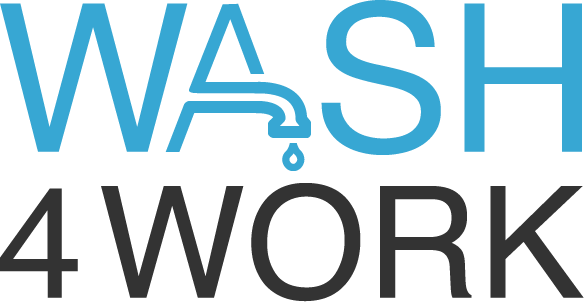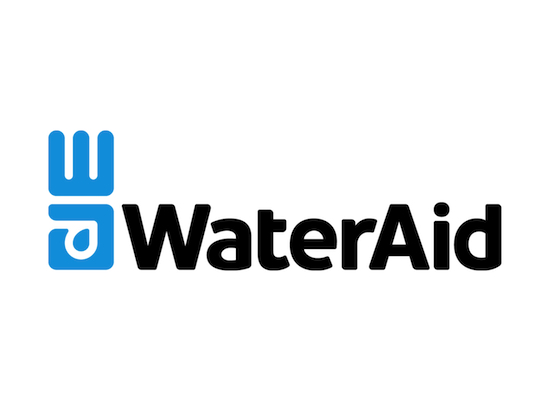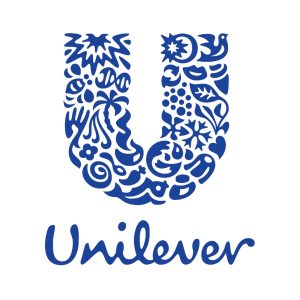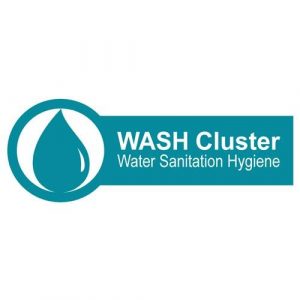Primary Functions
- Learn how achieving universal access to water, sanitation and hygiene is critical in helping communities build back better from COVID-19.
- Understand how universal access to water, sanitation and hygiene could provide more than $2.6 trillion in health benefits between 2021 and 2040.
Detailed Description
The attainment of universal access to water, sanitation and hygiene (WASH) is fundamental to inclusive and sustainable development.
Inadequate access to WASH is responsible for as much as 10% of the global disease burden, contributing to 1.6 million preventable deaths each year, including 60% of all diarrhoeal deaths. A lack of basic WASH requires households to spend 1–2 hours per day on average collecting water, displacing time spent in employment or education. The incidence of these impacts on health and economic opportunity skews heavily towards women, meaning a lack of WASH is a critical barrier to female empowerment and gender equality.
Aspects of the case for investment in WASH are captured in benefit-cost ratio assessments, which consistently demonstrate strong value for money.
Benefit-cost ratios (BCRs) compare the socioeconomic gains from an investment against their costs, all measured in monetary terms, in order to assess value for money. Leading estimates have shown that universal WASH offers excellent value for money, with BCR ranges of 4–8 even where key societal impacts such as gender equality are not accounted for.
In the wake of COVID-19 and with increasing risks from climate change, it is timely to revisit the case for investment in WASH.
The pandemic has exposed the devastating economic and societal consequences of infectious disease – the risks of which are expected to increase significantly as a result of climate change. Yet the potential role of WASH in mitigating the risks of airborne infectious disease, which is significant for COVID-19, and in promoting climate resilience, has yet to be included in a BCR. At a time where many governments and donors are seeking to ‘build back better’ in the aftermath of COVID-19, the contribution of this study is to revisit the case for investment in universal WASH, updating previous estimates and accounting for its effects on resilience to climate change and respiratory disease.
The objective of this report is to provide an updated investment case for WASH services, reflecting major global challenges: climate change, COVID-19 response and recovery, and building resilience.
The rest of the report is structured as follows:
- Section 2 outlines the role of WASH in achieving health, environment, socioeconomic and resilience outcomes;
- Section 3 details the findings from the benefit-cost analysis scenarios;
- Section 4 provides case studies of WaterAid projects in Ethiopia and Bangladesh that illustrate the role of WASH in building community resilience; and,
- Section 5 concludes with paths forward for financing WASH post-COVID-19.






